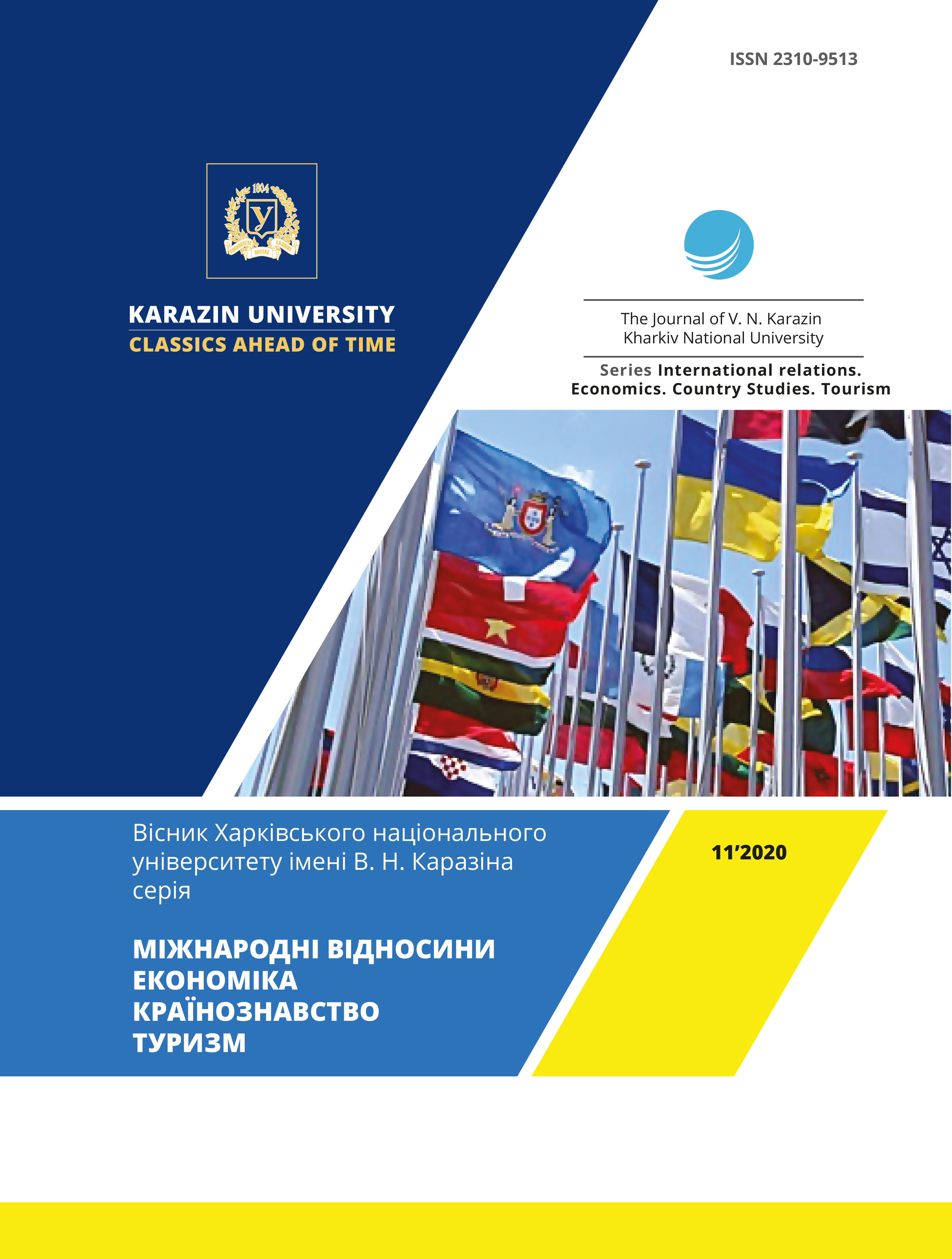The importance of a business plan for the effective functioning of the enterprises of the sphere of services in the conditions of crisis
Abstract
Currently, the domestic tourism business development is carried out in the economic crisis conditions, uncertainty and unstable society life. Such an uncertain economic situation requires an active search for new ideas and solutions to increase competitiveness and maximize profits. The article establishes the reasons for the business plan emergence and the process of its distribution in domestic spaces; the role and functions are investigated; international studies of the business plan impact on the enterprise operation are analyzed. The feasibility and necessity of business planning in a crisis indused by a pandemiс are revealed. The subject of this article is a business plan as a component of the tourism enterprise success. The goal is to establish the relationship between the presence of a business plan in an enterprise and its more efficient functioning among competitors in a crisis. Objective: to determine the need of enterprise business plan creation. General scientific methods are used: systemic, descriptive, comparative and structural-logical analysis. The following results were obtained: on the basis of the study, a direct relationship between the increased efficiency of the enterprises which have a presented business plan compared to enterprises without it was revealed. It is shown that in the conditions of the economic crisis it is the most advisable to open enterprises focused on domestic tourism, in particular medical tours, rural green and children's tourism. Conclusions: entrepreneurs need to spend their time drawing up a business plan to set goals and plan for their business if they want to have faster growth and higher profitability. It seems appropriate to update it periodically so that the business remains competitive and constantly improves.
Downloads
References
Vasyltsiv, T.H., Kachmaryk, Ya.D., Blonska, V.I. (2013) Biznes-planuvannia: navchalnyi posibnyk [Business Planning: A Tutorial]. K.: Znannia. (in Ukrainian)
Pokropyvnyi, S. F., Sobol, S.M., Shvydenko, H.O., Derev`ianko, H.O. (2002) Biznes-plan: tekhnolohiia rozrobky ta obhruntuvannia [Business plan: technology development and justification]. K.: KNEU. (in Ukrainian)
Babenko, V., Bondarenko, M., Sidorov, V. (2017). Researching factors of innovative activities of agrarian business of Ukraine under globalization of the world economy. Innovative technologies and scientific solutions for industries, No. 2 (2), pp. 70-76. DOI: 10.30837/2522-9818.2017.2.070
Business Growth Simplified. Available at: https://businessgrowthsimplified.com/
Business Plans. Available at: https://articles.bplans.com/
Haponenko, H. І., Kravchuk, I. I., Kravchuk, I. A., Shamara, I. M., Marchuk, N. A. (2019) The information means to promotion green tourism. Financial and Credit Activity: Problems of Theory and Practice. рр. 497-505. doi: 10.18371/fcaptp.v4i31.191003
Harvard Business Review. Available at: https://hbr.org/
LA Partners. Available at: https://www.lapartnersaccountants.com.au/
World travel and tourism council (WTTC). Available at: https://www.wttc.org/
Authors who publish with this journal agree to the following terms:
- Authors retain copyright and grant the journal right of first publication of this work under the terms of a license Creative Commons Attribution License 4.0 International (CC BY 4.0).
- Authors are able to enter into separate, additional contractual arrangements for the non-exclusive distribution of the journal's published version of the work (e.g., post it to an institutional repository or publish it in a book), with an acknowledgement of its initial publication in this journal.
- Authors are permitted and encouraged to post their work online (e.g., in institutional repositories or on their website) prior to and during the submission process, as it can lead to productive exchanges, as well as earlier and greater citation of published work.




